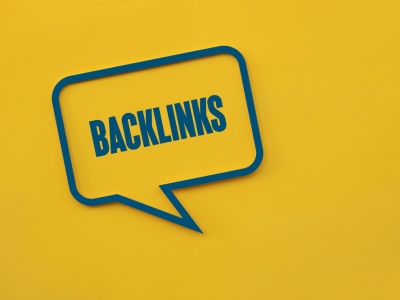Affiliate marketing is one of the most attractive forms of internet marketing today. As an affiliate marketer you promote a product or service on behalf of that product’s vendor. Should your promotion lead to a sale or a lead, you receive a commission. There are virtually endless options for products and services that can be promoted through affiliate marketing, and though it is an exceptionally competitive market it can be highly lucrative.
If you are creating a weight loss blog you may want to consider integrating affiliate marketing as a means of monetizing your blog. Just choosing the companies with whom you want to be an affiliate is not enough to find success through your affiliate marketing. Below you will find three essential tips that will help you to increase the affiliate sales of your weight loss blog.
Understand and Evaluate the Conversion Rates of Your Blog
“Conversion” refers to a visitor to your site performing a specific action such as making a purchase, signing up for your email list, or requesting more information. Understanding your conversion rate will help you to determine how effective your marketing techniques are and indicate when you need to make adjustments to increase conversion.
You can calculate your conversion rate by determining the number of visitors that you have to your site in the specified period of time (a day, a week, even a month) and then dividing this number by the number of actions, such as sales. For example, if your weight loss blog has 1,000 visitors in a week and 100 of them purchase the meal replacement shake that you are promoting, you have a weekly conversion rate of 1000 /100 or 10%.
If you notice that your conversion rate is low, this may be an indication that your marketing techniques are not working effectively. Evaluate your blog for things such as:
- Is your sales copy compelling enough to visitors to fully capture their attention and cause them to want what you are promoting?
- Is your blog user-friendly and easy to navigate? Is it well-planned and readable?
- Do you have so many graphics, videos, and other forms of media that your load times are extremely long?
- Does your blog look as though it is only there to “spam” readers?
- Do you offer a secure and reliable payment process for potential conversions?
- Have you chosen effective and targeted keywords that are well-integrated into your copy so that they draw your buyers in?
Call to Action
Readers like clear instructions. Even if they are interested in making a purchase, or performing some other form of conversion activity, if your weight loss blog doesn’t clearly direct your visitors as to how to make a purchase or where to click in order to access a freebie or a bonus, you may lose them.
Free offers and bonuses are great attention-getters. If the companies that you are affiliated with are not offering any freebies or bonuses, you can still create the freebie buzz by developing your own freebie. Rewrite some of your older blog posts, or create a weight loss journal or collection of your most inspirational pieces, convert them into pdf format, and add a professional-looking ebook cover. Now you have a freebie!
Ensure that Your Landing Page is Customized for Your Advertising
There are many different types of marketing, but one of the most popular is PPC, or Pay-per-Click advertising. This type of advertising works by establishing advertising for specific products and services on your blog, and then paying you a specific commission if those advertisements are “clicked” by visitors. To make the most of your marketing you should be sure that you are optimizing your pages for targeted keywords related to your PPC advertising.
Evaluate the optimization of your site by asking yourself:
- Are my keywords things that people would type into a search engine?
- Why would they do this—what do they want to find?
- Am I using the keywords correctly and effectively?
Michael Evans is passionate writer and he has written several articles on the subject of online marketing. He writes for epc4less.com and certsni.com, two companies that provide energy performance certificates in Belfast, Northern Ireland.










Comments